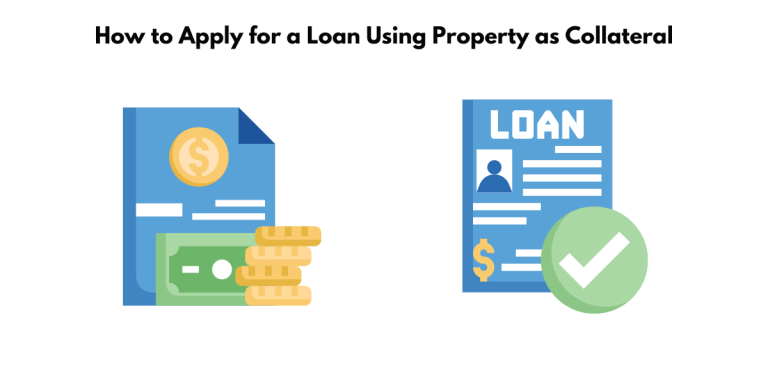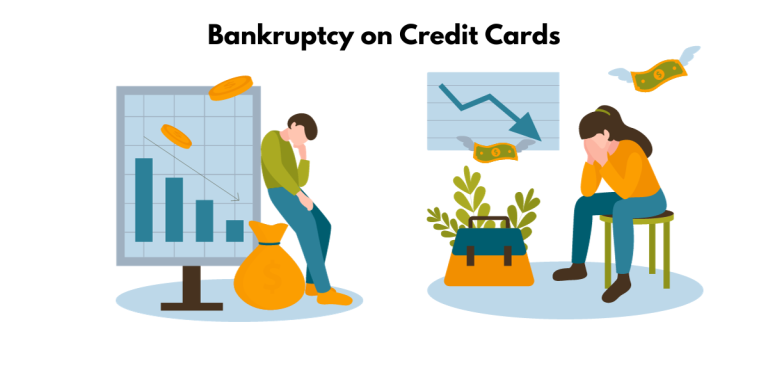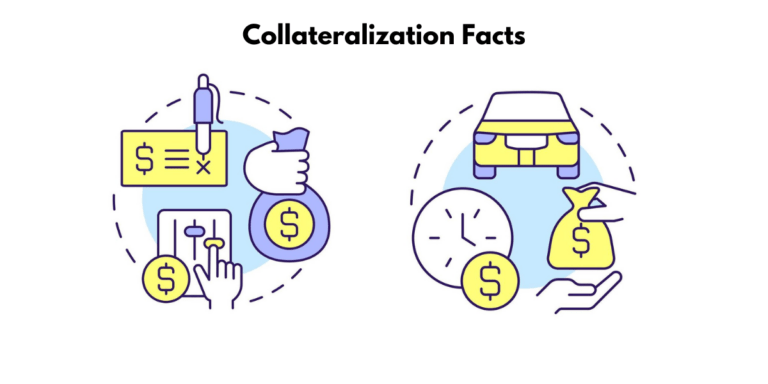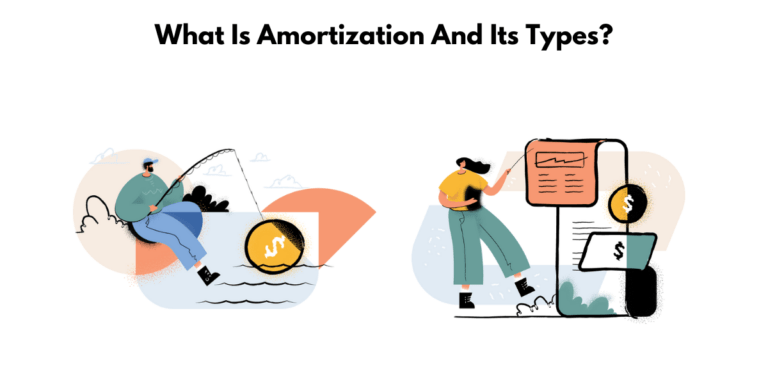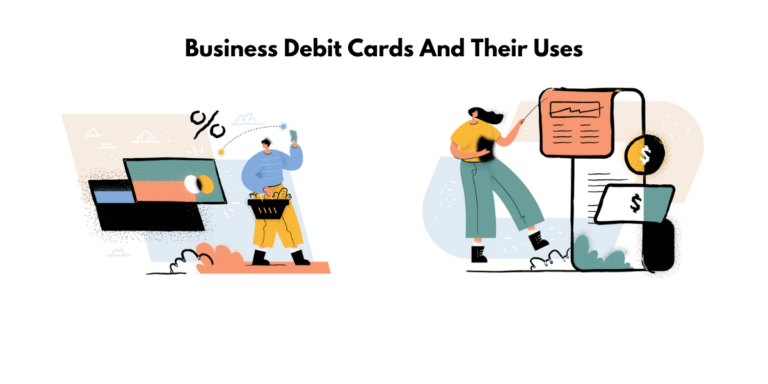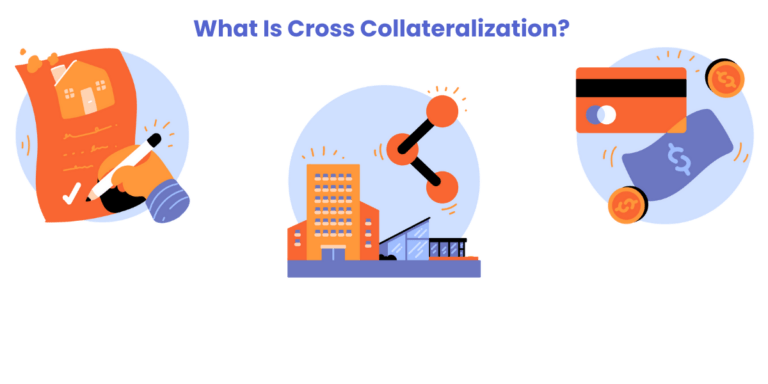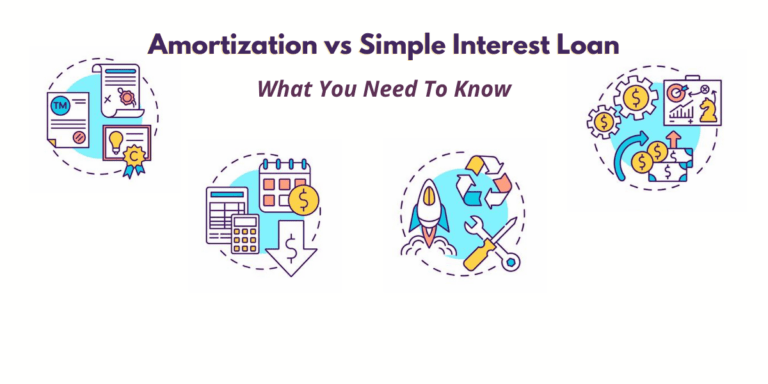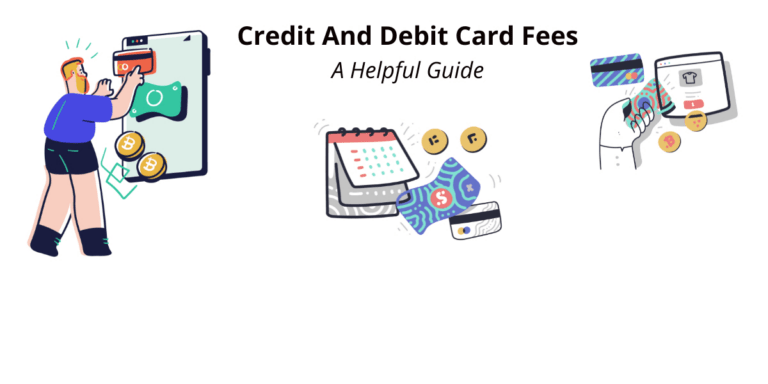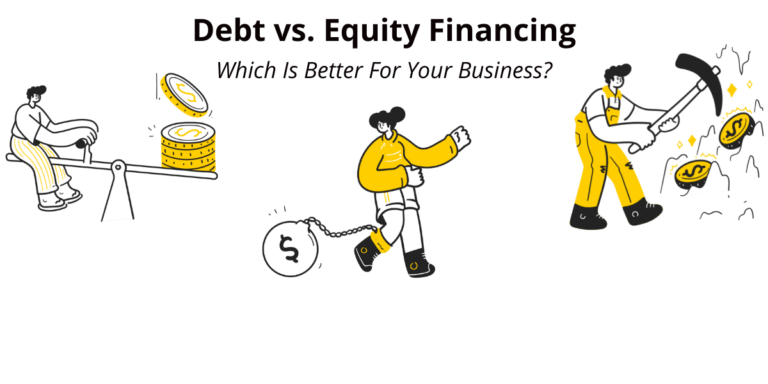Maximize Loans: Use Property as Collateral – A Quick Guide
Introduction to Leveraging Property for Loans Understanding the Basics of Collateral Collateral is a borrower’s pledge of specific property to a lender, to secure repayment of a loan. The collateral serves as protection for a lender against a borrower’s default—that is if the borrower fails to pay the principal and interest under the terms of…

